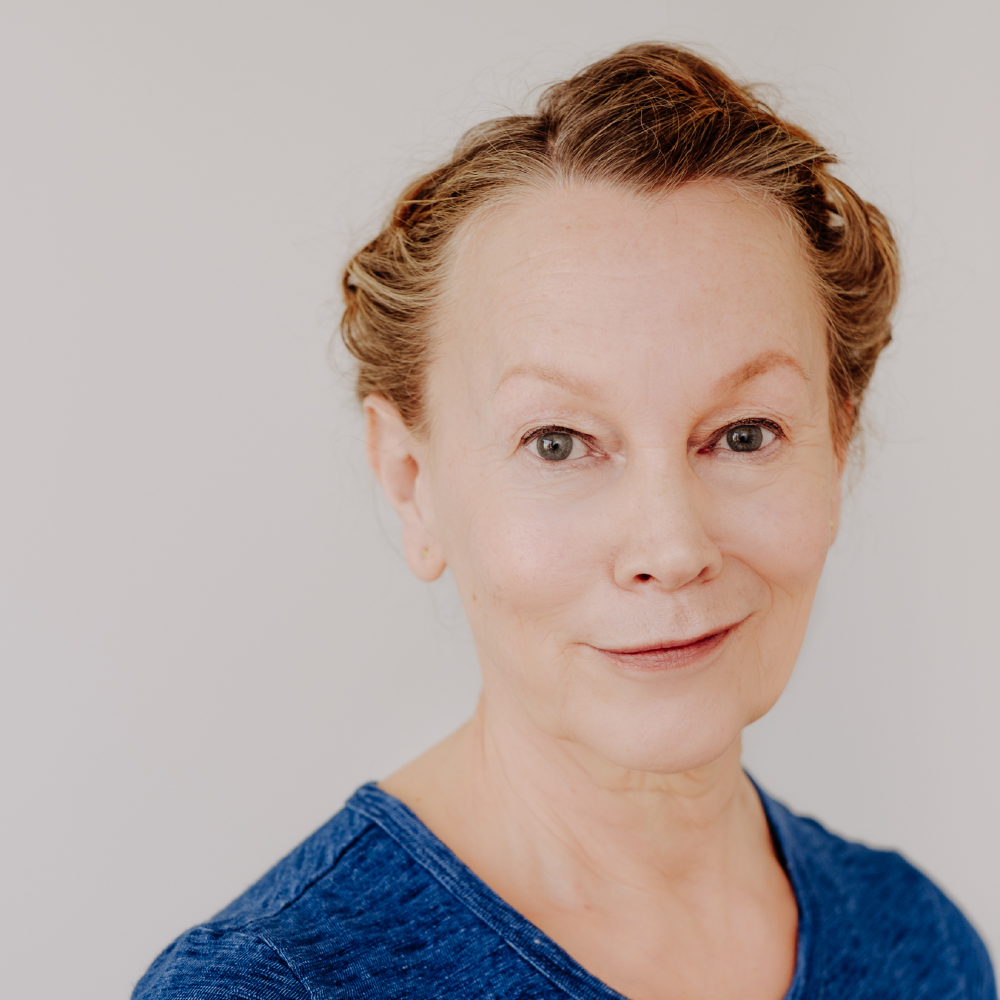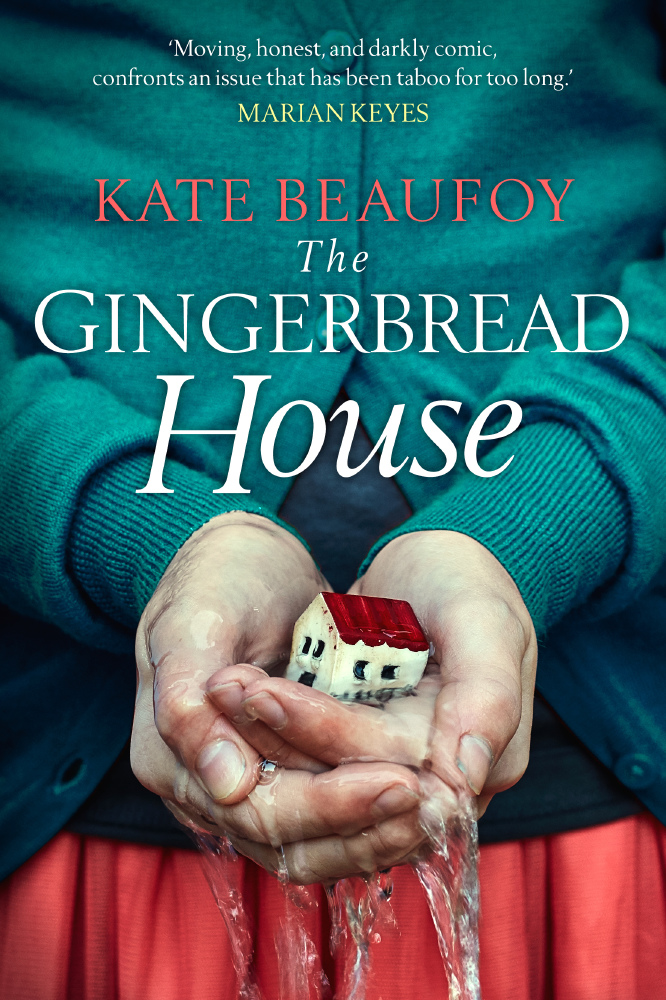There are a handful of heroines so familiar that the mere mention of their names conjures up a clear image. Scarlett O’Hara, vain, extrovert, single-minded; Jane Eyre, plain, dignified, conscientious; Elizabeth Bennett, intelligent, amusing, self-confident.

Kate Beaufoy by Conor Horgan
And then there are the forgotten heroines: Dorothy Shaw, the wisecracking brunette in Gentlemen Prefer Blondes; Isabella Linton, outrageously upstaged by Cathy in Wuthering Heights; and Charlotte in Charlotte’s Web, who - despite actually owning the web - has no surname, plays second fiddle to a pig and ends up in the trash.
Despite their lack of overt star quality, the forgotten heroines have a lot going on. The cygnets of the swan songs, they’re often savvier than their leading ladies (or men).
In Gentlemen Prefer Blondes, Dorothy has the best one-liners; she is mistress of the whip-smart riposte. In the film version Lorelei - played by Marilyn Monroe - is memorable for her ditzy persona and luminous beauty; but it is Rosalind Russell as gutsy gal-pal Dorothy who has the most fun, and who bags the sexiest men. As Lorelei’s designated ‘minder’ on a trip to Paris, she says, ‘The chaperone’s job is to see that no one else is having any fun, but nobody chaperones the chaperone …’
The film adaptations of Wuthering Heights generally portray Isabella as a bit of a milksop, a pretty blonde foil to Cathy’s tempestuous beauty. However, in the book, Isabella is described as having a ‘keen wit, keen feelings, and a keen temper, too.’ This is made evident when - abused, beaten, and pregnant with Heathcliff’s child - she insults and provokes him, fires a kitchen knife in his direction, and flees Wuthering Heights on a stormy night, never to return. ‘Catherine,’ she declares, ‘had an awfully perverted taste to esteem Heathcliff so dearly.’
We can only applaud. How many aristocratic women in 19th century literature had the guts to abandon their abusive spouses and embark on life as a lone parent?
And then there is Charlotte, who plays a supporting role to Wilbur in Charlotte’s Web. The reason I’ve included her in this trio of unsung heroines is because her very unobtrusiveness makes her shine. When I was working on my latest novel - The Gingerbread House - I was in need of a mentor for my narrator, someone to confide in, a kind of invisible agony aunt. A helpline volunteer would be too anonymous, a chatroom forum too charged with potential menace. So who better than an imaginary friend, a reassuring, wise, non-judgmental presence, like Charlotte? It is Charlotte’s quiet dignity and the ignominy of her death that makes the novel a classic for children of all ages.
‘Nobody knew that [she] had played the most important part of all …’ are the words that end Charlotte’s story. That could be the epitaph for all the unsung heroines we forget to remember. So, any time we picture Cathy and Heathcliff racing across the moors, or Lorelei Lee bedecking herself with diamonds, or any number of attention-grabbing star-turns, let’s remind ourselves of the best supporting actresses who lose out on the Oscar, the gallant also-rans, the eminence grise of literature without whom there would be no legends.

The Gingerbread House by Kate Beaufoy is published by Black & White.
www.katebeaufoy.com

